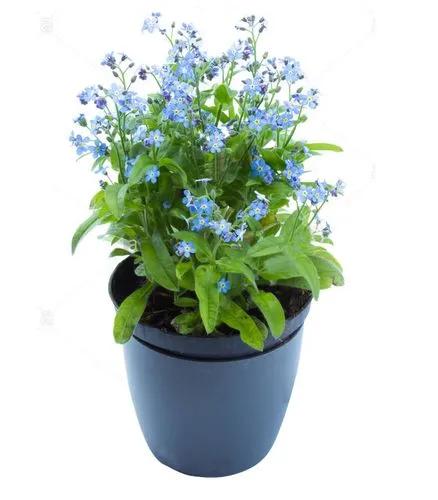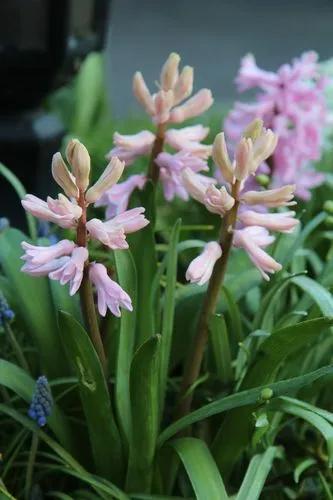Iris unguicularis (Algerian Iris) is a fabulous iris because of its bloom time. Flowering from late fall to early spring, when so few other plants are bursting from the ground, this Winter Iris features sweetly scented flowers, lavender to deep violet, 2-3 in. wide (5-8 cm).
Iris Unguicularis Care
Iris Unguicularis



How to Care for the Plant

Water

This plant requires watering in dry winter conditions and during autumn.

Pruning

Cut leaves back to about 4 inches above the base of the plant when flowering begins in the fall. Use short-handled grass shears or small, sharp pruners. Cut the foliage on the diagonal to mimic the look of iris' naturally pointed leaf edges.

Fertilizer

With a respectful approach to soil life, it's always better to fertilize a little in advance with organic material that will decompose; spread out a compost that isn't entirely decomposed, with well decomposed manure at the plant's base, and incorporate over 10 cm with a hoe. This operation is carried out in winter so that earthworms and bacteria have enough time to do their job.

Soil

Chalk, Clay, Loam, Sand

Additional

This plant has high severity poison characteristics.

Popularity

48 people already have this plant 17 people have added this plant to their wishlists
Discover more plants with the list below
Popular articles






